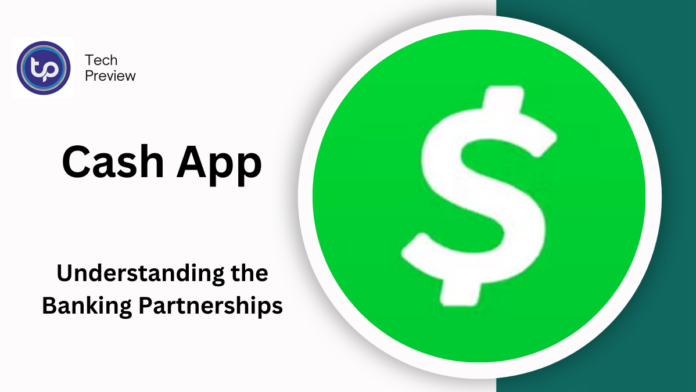Cash App has quickly become one of the most popular mobile payment services, enabling users to send and receive money effortlessly.
However, have you ever wondered which bank supports Cash App and facilitates its transactions? In this article, we will explore the banking relationships behind Cash App, its features, and what this means for users.
What is Cash App?
Cash App, developed by Square Inc., is a mobile payment platform that allows users to transfer money to one another easily. Launched in 2013, it has since expanded its features to include:
- Direct Deposit: Users can receive their paychecks directly into their Cash App accounts.
- Cash Card: A debit card linked to the Cash App balance that can be used for purchases in stores and online.
- Investing Features: Users can buy stocks and Bitcoin directly within the app.
- Cash App Pay: A feature that allows users to pay for goods and services at participating merchants.
The platform is designed for simplicity and convenience, catering primarily to younger generations and those looking for an alternative to traditional banking.
Which Bank is Behind Cash App?
Cash App is not a bank itself but works in partnership with various financial institutions. The primary bank that powers Cash App transactions is Lincoln Savings Bank. Here’s how this relationship operates:
- Banking Services: Lincoln Savings Bank provides the necessary banking services that enable Cash App to function, including direct deposit and account management.
- FDIC Insurance: Funds held in your Cash App account are insured by the Federal Deposit Insurance Corporation (FDIC) up to the legal limits, providing an added layer of security for users.
While Lincoln Savings Bank is the primary partner, Cash App may also collaborate with other banks to facilitate its services, ensuring smooth transactions for its users.
Security Features of Cash App
Security is a significant concern for any financial application. Cash App incorporates several features to protect users’ funds and personal information:
- Encryption: Cash App uses advanced encryption to secure all transactions, ensuring that sensitive information is protected.
- Two-Factor Authentication: Users can enable two-factor authentication to add security during login.
- Fraud Detection: The platform has mechanisms in place to detect suspicious activity, helping to prevent unauthorised transactions.
Despite these measures, users should also practice safe habits, such as enabling notifications for transactions and not sharing their account details.
Benefits of Using Cash App
Cash App offers numerous benefits that have contributed to its rapid growth:
- Instant Transfers: Sending and receiving money is quick and easy, making it ideal for splitting bills or paying friends.
- User-Friendly Interface: The app is designed to be intuitive, even for those who may not be tech-savvy.
- No Fees for Basic Transactions: Cash App does not charge fees for standard transactions between users, making it an economical choice for many.
- Additional Features: The ability to buy stocks and Bitcoin directly from the app appeals to those interested in investing.
These advantages make Cash App a compelling choice for users looking for a flexible and convenient financial tool.
Conclusion
While Cash App is not a bank, it operates through a partnership with Lincoln Savings Bank to provide essential banking services.
With its user-friendly design and a range of features, Cash App is reshaping how people handle their finances, especially among younger users.
As the app continues to evolve, it remains a convenient option for those looking to simplify their financial transactions.
People May Ask
Q1: Is Cash App a bank?
Cash App is not a bank but works with Lincoln Savings Bank to provide banking services.
Q2: Is my money safe with Cash App?
Yes, funds are insured by the FDIC up to the legal limits, and the Cash App employs various security features to protect your information.
Q3: Can I get a direct deposit with Cash App?
Yes, Cash App allows users to directly receive direct deposits, such as paychecks, into their accounts.
Q4: Are there fees associated with using Cash App?
Cash App does not charge fees for sending or receiving money between users, but there may be fees for instant transfers or particular transactions.
Q5: How do I contact Cash App support?
You can contact Cash App support through the app or its official website for assistance with any issues.
Click here to know more.








